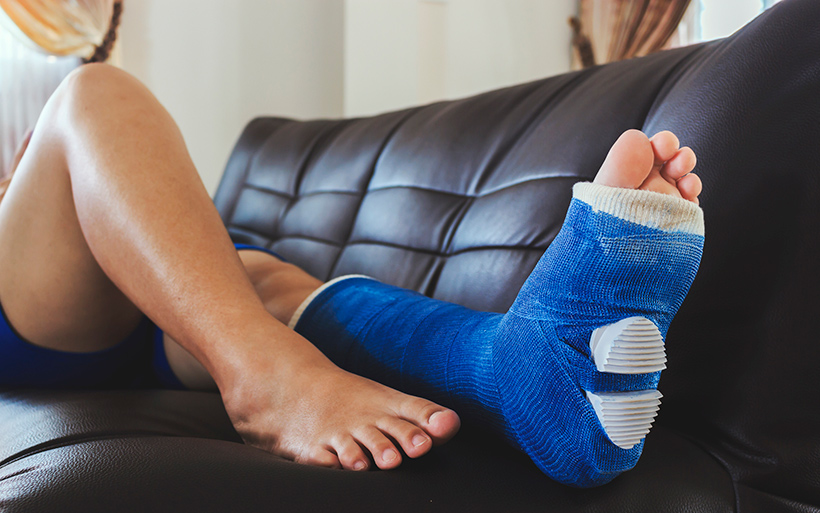Sadly, addiction is a universal crisis, with a quarter of a billion people struggling with drug addiction worldwide. More than half of these are attributed to opioid painkillers. Heroin, an illegal drug that is chemically similar to the addictive legal painkillers, is another popular drug where people become addicted.
It’s been called the “Opioid Crisis.” People and their communities are suffering. Local, state, and federal governments are looking for solutions. But what if you use these painkillers responsibly to ease the pain of a broken foot or hip? What if you need the opioids to treat lumbar pain?
Are you still at risk of permanent side effects? The sad truth is, “yes.” It’s overshadowed by the overdoses and other complications to the point that, as a society, we don’t talk about it much, but opioid use can lead to an irreversible hearing loss that will impact you for the rest of your life.
How Common Is Hearing Loss?
By age 65, around 30% of people have noticeable hearing loss. It impacts their ability to enjoy time with others, music, and movies. It even affects their ability to communicate. If untreated, it can lead to anxiety, depression, dementia, isolation, increased fall risk, and a host of other health complications.
What’s the Link Between Opioids and Hearing Loss?
Studies have shown that opioid use can give you hearing loss. This includes the drugs that people often use to get off opioids like methadone and naltrexone. Here are some common opioids.
- Fentanyl
- Heroin
- Oxycodone
- Morphine
- Codeine
- Tramadol (Ultram)
This list is not comprehensive, but it points out the wide variety of names that these painkillers go by.
A small but well-executed study showed that around 50% of male participants taking opioids suffered from hearing loss. The participants completed questionnaires so that scientists could try to determine if lifestyle or work-related noise exposure caused the hearing loss.
They found that those who additionally had significant noise exposure were more likely to have hearing loss. But the opioid use stood out as a potential contributing factor. Other studies support these findings.
While more controlled, double-blinded, replicated, and peer-reviewed studies are needed to confirm how opioids cause hearing loss, researchers and hearing specialists agree that opioids, taken as prescribed, can cause severe hearing loss.
Hearing specialists see it frequently as people using these painkillers come into their offices.
How Opioids May Cause Hearing Loss
It’s currently unknown how opioids cause hearing loss. Opiates work by affecting the brainstem where “life” functions take place like heartbeat and breathing. Opioids suppress these functions as a side effect of pain reduction.
Opioids may be reducing the blood flow to the ears. This could be starving the cells of oxygen and nutrients. Unlike other parts of your body, the inner ear has cells that don’t heal or regenerate if damaged.
We should note that over the counter painkillers like Tylenol have been shown to cause the same damage. Many doctors are now discouraging and closely monitoring people using Tylenol with opioids.
Reducing the Chances of Opioid-Related Hearing Loss
Let’s talk about prevention.
- Ask your doctor about alternatives to opioids. Depending on why you take them, these may include home exercise, physical therapy, OTC painkillers (that can also cause hearing loss). They may also recommend lifestyle changes like an anti-inflammatory diet, stretching, or taking up chair yoga.
- Be aware of how much you’re taking. If you can reduce usage following your doctor’s guidance, do so.
- Get your hearing checked regularly. Let your audiologist know that you’re taking opioids.
- If you start to notice a sudden change in hearing or vision, or a ringing called tinnitus; schedule an appointment with your audiologist and prescribing doctor immediately.



